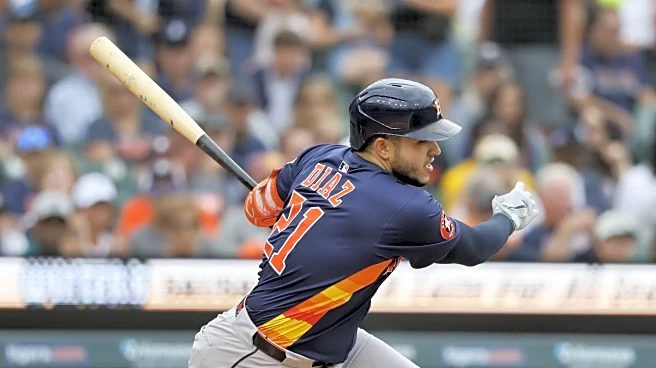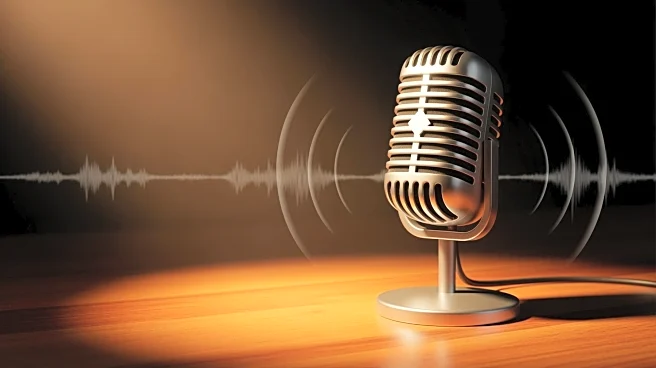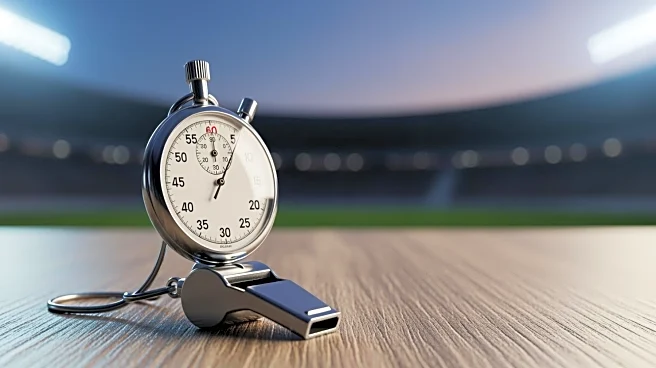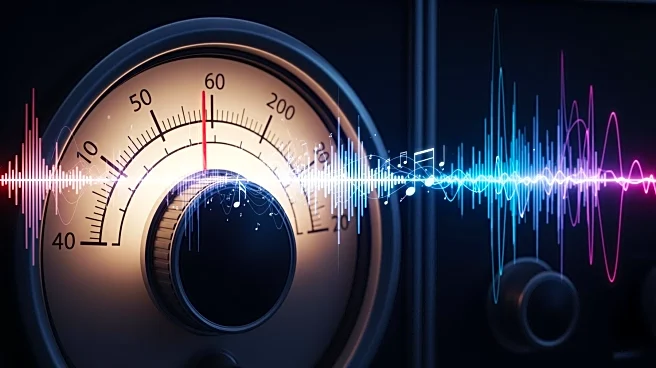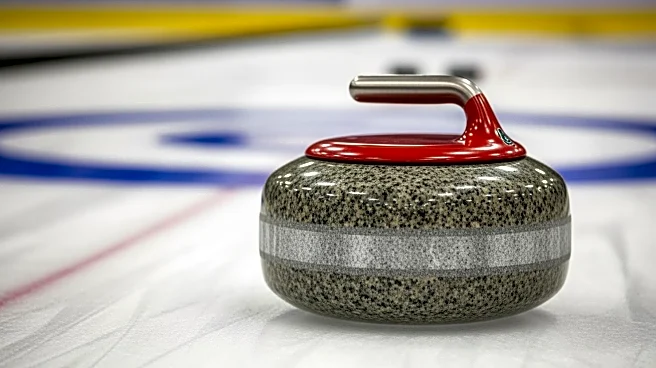So, the Astros finally did it. No more Alex Cintrón. Troy Snitker, too. While they weren’t the only individuals let go by the organization earlier this week, they were among the most high-profile names.
Even if you put more of the blame on this lineup’s overall ineffectiveness on the players, as I do, a change with the hitting coaches isn’t inherently a bad idea. Perhaps the message or messaging got a bit stale. Sometimes a new voice is needed. I mean, both Cintrón and Snitker have been in Houston dating back to Jeff Luhnow and A.J. Hinch. Shaking things up among the team dynamics isn’t always counterproductive.
However, changing the hitting coaches should not be the only course of action. This lineup, as constructed this season, had some glaring deficiencies. For one, they swung far too often against pitches outside of the strike zone. Five of Houston’s regulars — Yainer Díaz, Jose Altuve, Jeremy Peña, Carlos Correa, and Christian Walker — all finished in the top-65 among qualified hitters in O-Swing%. The lineup also had too many 0-1 counts in their at-bats. I mean, when only the Rockies are arguably worse in this regard than you are, then changes are likely warranted.

On a quick note, all the credit goes to Jim Albert and his post on the blog, Analyzing Baseball Data With R, in providing such thorough instructions on how to create a graph like the one above with a Shiny App. And did you know that Albert was hired by the Astros last December to work in their R&D department? That’s cool stuff.
Back to your regular programming.
However, I’m unsure how realistic it is to expect the Astros’ hitters to drastically change their collective swing decisions between now and next season. Altuve, Peña, and Correa are all staying, and they likely shouldn’t change their overall approach at the plate to such a level only to make this team appear more patient. Tweaks instead? Sure, I don’t think that much is unreasonable, but don’t expect wholesale changes to their swing decisions. Getting Yordan Alvarez and Isaac Paredes for most of a season would also help. And it depends on how Dana Brown wants to approach roster construction this offseason.
To be clear, though, the Astros don’t have to end up on the other end of the graph with the Yankees, Brewers, or Dodgers to have a successful run-scoring unit. From 2021-24, their lineup averaged a 32.4% O-Swing% (12th) and a 61.8% F-Strike% (9th). Only the Dodgers had a higher wRC+ across those same seasons (114) than Houston (112). In terms of run scoring, the Astros (3,167) trailed, again, the Dodgers (3,425) and Braves (3,230). Of course, the personnel matters, as all of those Houston clubs had Alex Bregman and Kyle Tucker most of the time. That certainly helped. But you don’t have to make drastic changes for the sake of only a more patient approach to score more runs. There are other avenues — such as acquiring more slug — to help.
In short, a more patient approach should not be the offseason’s end goal; instead, the front office should focus on improving run-producing capabilities first and foremost. If that happens to include adopting a more patient approach, then fantastic. Honestly, I would expect some regression in how aggressive they were at the plate last season. That’ll likely be a point of emphasis with a new hitting coach, so we’ll possibly see that reflected in the numbers to some degree. How they get there from a roster standpoint is a bit more complex and fascinating, though.
Trading Díaz might be the most optimal decision considering his free-swinging nature and the other needs on the roster. The pitching staff, specifically the rotation, needs some work behind Hunter Brown. And Díaz is under club control for three more seasons, so it shouldn’t be hard to find a willing trade partner at the right price for a catcher with 20+ home run power, albeit with relatively poor defense. But it is easy to envision a scenario where the Astros trade Díaz, re-sign Victor Caratini, and find another veteran catcher on a relatively cheap one- to two-year contract. Using that same logic, Paredes might even be a trade candidate if a good deal came along, although I kind of shudder at the thought. Trading Walker, as I mentioned earlier, might be another avenue to explore, especially if Jim Crane is willing to eat some of the money left on his contract over the next two seasons. I would much rather see that scenario than involving Paredes in any trade, especially if the approach is such a concern for Brown. If he trades Paredes only because of Walker’s contract to help clear up an infield logjam, only to continue to lament the lack of patience in this lineup, then I honestly don’t know what he expected in the first place.
Any changes to the player personnel in the offseason will likely be moderate, as the core hitters are still here. There isn’t much changing with them. But everyone else around them is fair game. The question now is which avenue the organization explores amidst changes on the coaching staff and even in the front office. We’ll find out either way in the coming months.
